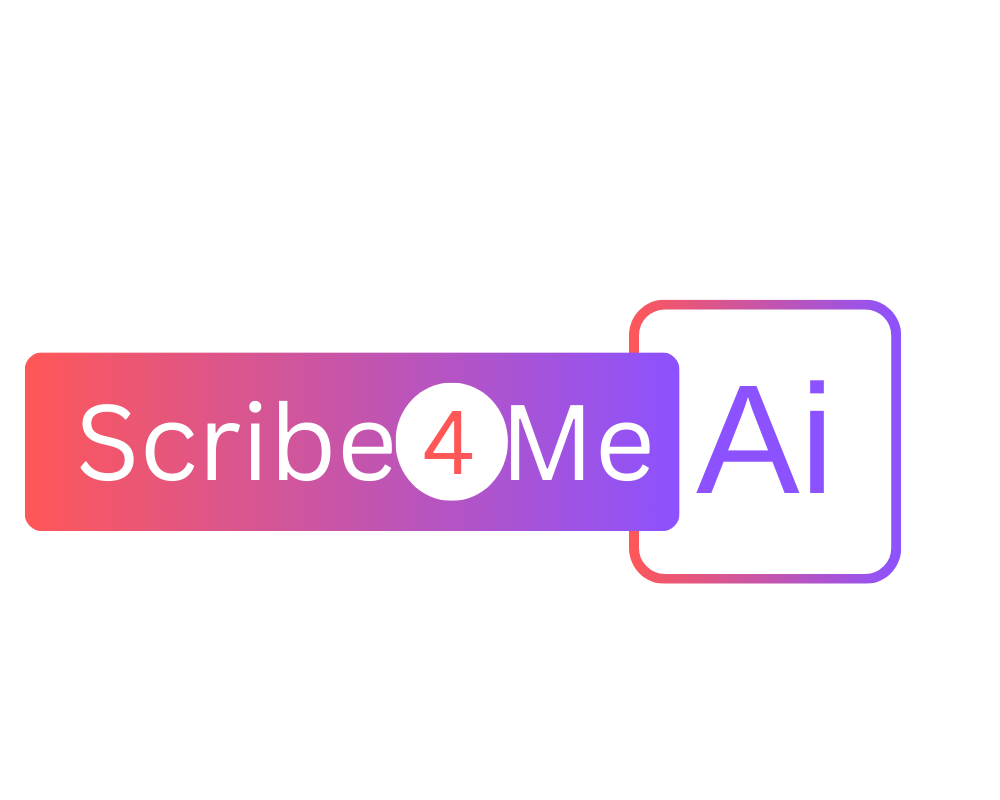

AI Scribes Save Time And Restore Human Touch – Study Confirms
Physicians across the country are facing a tough reality - they spend more time clicking and typing than actually connecting with patients. The rise of electronic health records promised efficiency, but it also came with a heavy cost. Long hours, late-night documentation, often called “pajama time” and rising burnout have become all too common in medical practices. In the year 2023, to help reduce the documentation burden, The Permanente Medical Group began integrating AI scribes into their workflows. Over one year and more than 2.5 million patient visits later, the results show real, meaningful improvements—not just in saved time, but in the quality of care and the lives of physicians and patients.
Letting Physicians Be Physicians Again
Documentation burden is one of the top reasons physicians feel overwhelmed. From writing detailed notes to entering orders and reviewing patient records, much of a physician’s day is spent in front of a screen instead of with a patient. To address this, TPMG introduced the AI scribes - software tools that listen quietly in the background during appointments, capture conversations, and generate draft clinical notes. Unlike traditional scribes who may interrupt the workflow with suggestions or real-time prompts, these tools work discreetly and focus solely on documentation. Physicians then review and sign off on the AI-generated notes. The idea behind this is simple - let physicians be physicians again.
Saving Time And Reducing Burnout
A year into the program, TPMG shared some impressive results
- Physicians saved an estimated 15,791 hours of documentation time in one year - equivalent to nearly 1,800 full workdays.
- Time devoted to note-taking, clinical orders, and after-hours work dropped substantially.
- Physicians experienced significantly greater satisfaction and reduced burnout.
- Patients noticed more face-to-face communication with their physicians and fewer screen distractions.
These results show that AI scribes not only save time but also help restore the fundamental human connection in medicine by allowing physicians to engage more fully with their patients.
Enhancing Patient-Physician Communication
Beyond efficiency, AI scribes have positively impacted the quality of patient visits. Surveys revealed that
- 84% of physicians noticed better communication with patients
- 47% of patients felt their physicians were more present and less screen -focused
- 39% of patients observed more quality face-to-face time with their physicians
- 56% of patients reported an overall positive visit experience
This feedback shows how reducing the clerical burden can enhance the patient experience, making visits more personal and meaningful.
Who Benefits Most From The AI Scribes
Interestingly, the physicians who used AI scribes the most were the ones who gained the greatest benefits. These “high users” were often physicians already spending a lot of time on documentation before adopting the technology. They ended up saving twice as much time per note compared to other less frequent users.
Adoption was widespread across specialties. Mental health, emergency medicine, and primary care physicians, who faced high documentation demands, were among the top users. The technology’s ease of use and integration into existing workflows played a key role in its success.
It turns out that factors like physician age or years in practice did not significantly affect adoption rates, showing that AI scribes appeal broadly across the medical community.
Overcoming Challenges And Expanding Use
Despite the success, not everyone jumped on board right away. Some physicians were little hesitant to use AI scribes, mainly due to concerns like
- Lack of seamless integration with existing note templates
- Perception that editing AI-generated notes took longer than typing manually
These suggest that adoption depends not just on how effective the tool is, but also on how smoothly it fits into current workflows. To encourage broader adoption, health systems are focusing on better customization and providing targeted support to specialties with lower usage rates.
Scaling With Success
One of the most impressive aspects of the TPMG rollout was how well it scaled. In just the first 10 weeks, more than 3,400 physicians actively used the documentation tool. A year later, most physicians were still using it - many at every in-person visit and even during virtual care. Despite the rapid growth in usage, physicians continued to report high levels of satisfaction. This shows that when a new system is thoughtfully planned and implemented, it can scale effectively without creating additional stress or compromising the quality of care. Survey results revealed that 66% of adult and family medicine physicians used the AI scribe on most days, and 63% used it during every in-person patient appointment. While its use in virtual visits was slightly lower, it was still widespread.
A Model For Other Health Systems
TPMG’s effective use of AI scribes presents a clear path for other health systems aiming to reduce burnout and improve care. Their success came from
- Careful planning and pilot testing
- Strong focus on user needs and
- A clear goal to enhance physician wellbeing and patient care
The report adds that quickly adopting and responsibly integrating AI technologies can help healthcare organizations stay efficient, sustainable, and competitive. As more health systems search for ways to ease burnout and strengthen the physician-patient connection, TPMG’s journey could offer both guidance and encouragement.
Concluding Thoughts
The journey of The Permanente Medical Group shows that AI scribes, when thoughtfully designed and carefully implemented, can bring back what truly matters in medicine—the human connection. These tools do more than save time - they help physicians connect better, build lasting relationships, and find greater satisfaction in their work. As healthcare systems across the country face growing demands and rising burnout, TPMG’s success points to a better way forward - one where technology supports compassion and lets physicians focus on healing not just documenting.
It’s time to bring back the human connection in care with Scribe4Me AI. Reduce documentation time, boost patient communication, and help your physicians focus on care, not clicks!


